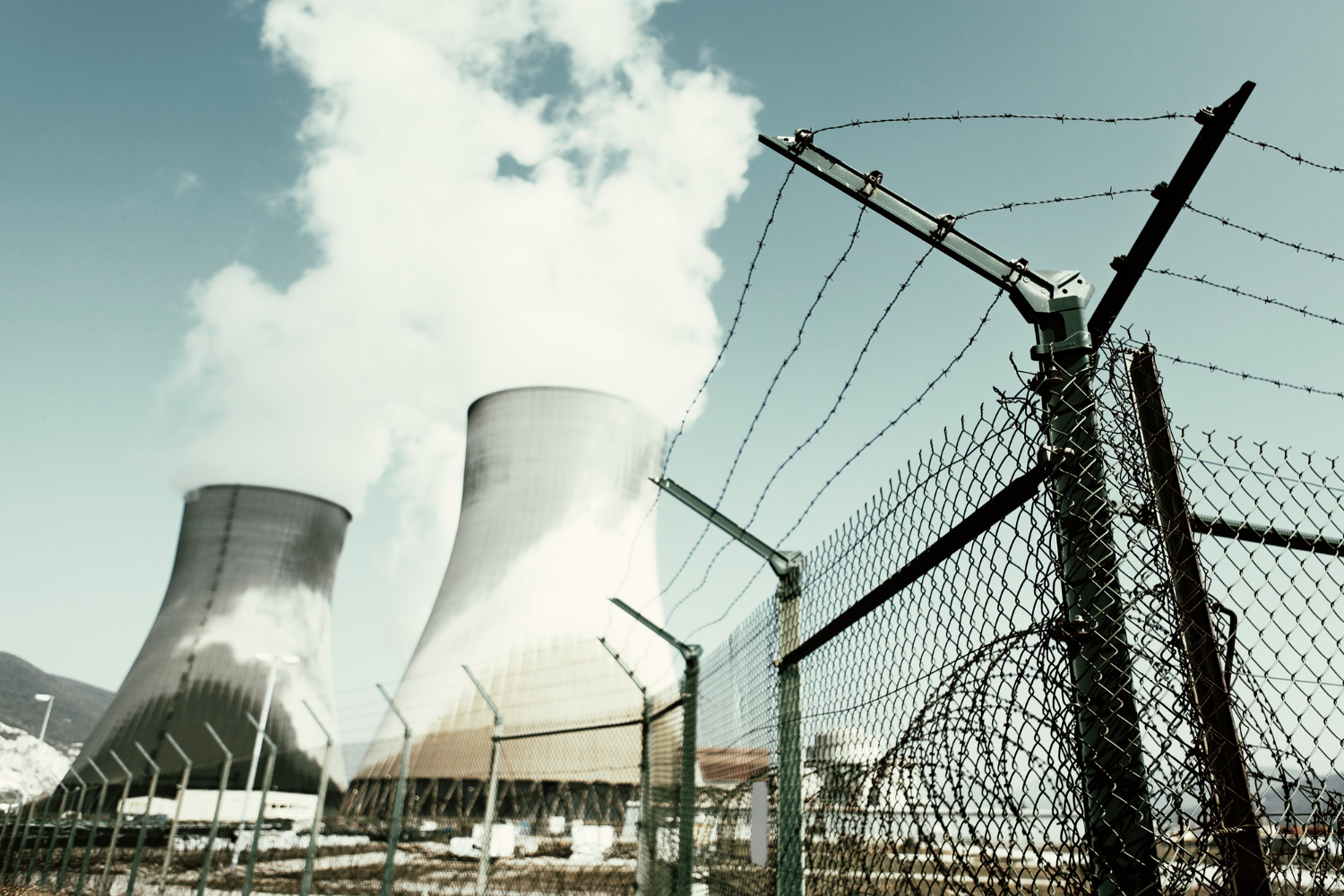|
|
The country (and the world) is once again divided as the last three German nuclear power stations go off grid.
After 60 years of petitioning, German anti-atomic activists celebrate following the country’s decision to end its reliance on nuclear energy. At the same time, those backing the technology bemoan the resulting economic and environmental effects.
Three nuclear power plants, Isar 2, Emsland, and Neckarwestheim 2, officially stopped operating on April 15, 2023.
Critics of the German decision to abandon nuclear energy argue that while it may have positive environmental effects, their current reliance on renewable energy sources is insufficient to replace the lost power from these plants.
As such, many environmentalists and climate scientists worry that the decision may have negative long-term consequences, as Germany will be forced to rely on other sources, including fossil fuels.
According to the government, keeping the old power plants going would be unsustainable. Supporters of the decision (e.g., the Green Party) highlight the costs of nuclear energy compared to wind and solar.
They believe that the money saved from closing the stations can be invested in more efficient and sustainable energy sources. They argue that this move will help reduce Germany’s overall carbon footprint, making it a leader in the fight against climate change.
Further controversies stem from the fact that the biggest critics of the move include the Conservative Party, known for blocking the expansion of renewable energy infrastructure in the past.
They are hardly alone in their criticism, though. Many economists and business people are concerned about the costs associated with such a costly transition. They fear that higher energy prices will hurt businesses and reduce economic growth.
The war in Europe further complicated the matter. Following the Russian aggression against Ukraine, Germany has been forced to quickly reduce its dependency on Russian natural gas. This has stopped the steadily growing reliance on renewables, increasing the country’s CO2 emissions.
As a result, the climate benefits of the move are not universally accepted. A group of esteemed scientists published an open letter on April 14, 2023, pleading for the nuclear power plants to stay open.
Ultimately, both sides have valid arguments, and there is much to criticize (or rejoice!) about the decision. It remains to be seen if Germany’s bold move will truly lead to improved sustainability or just cause more frivolous debates among political parties.














No Comments